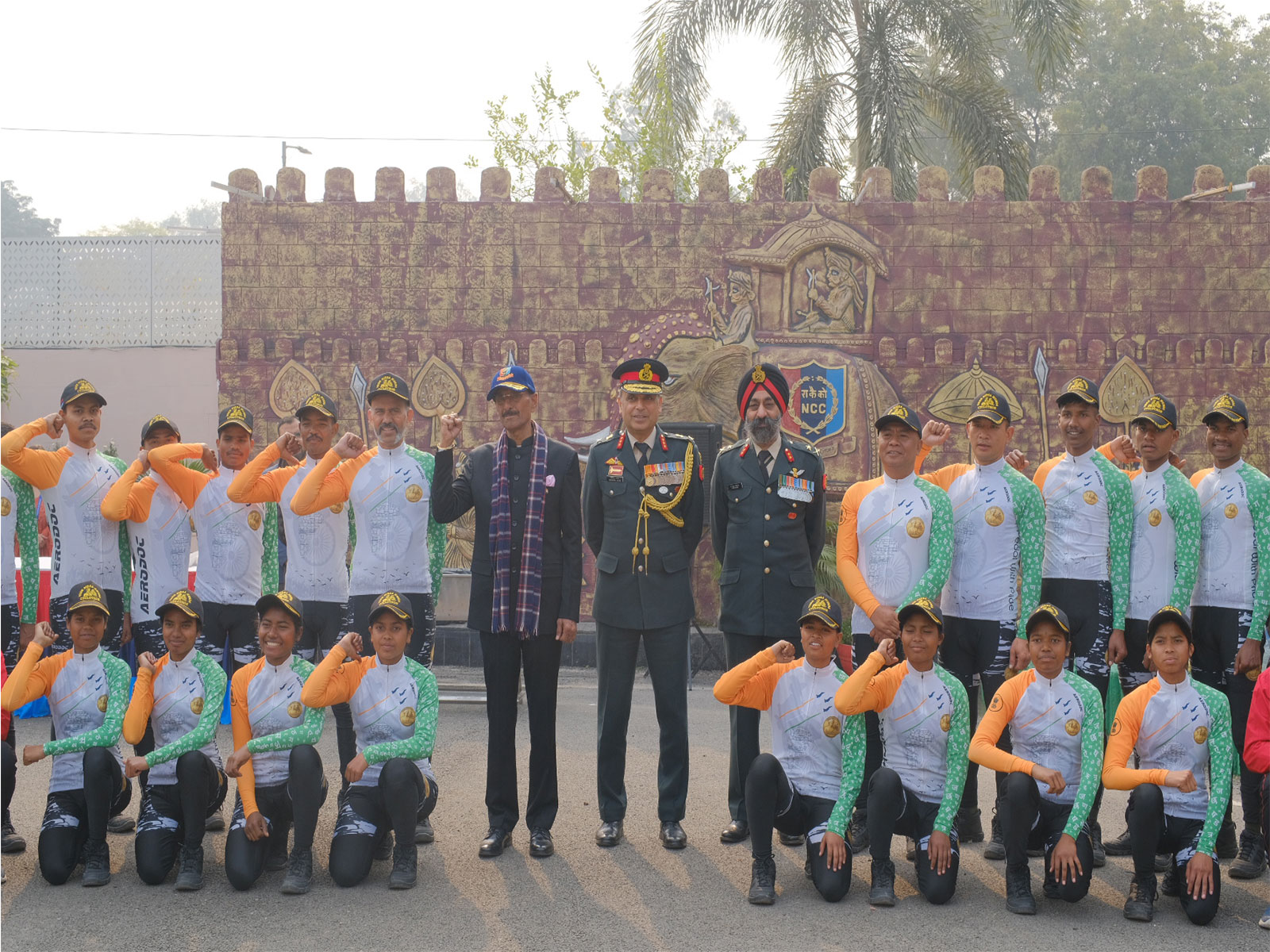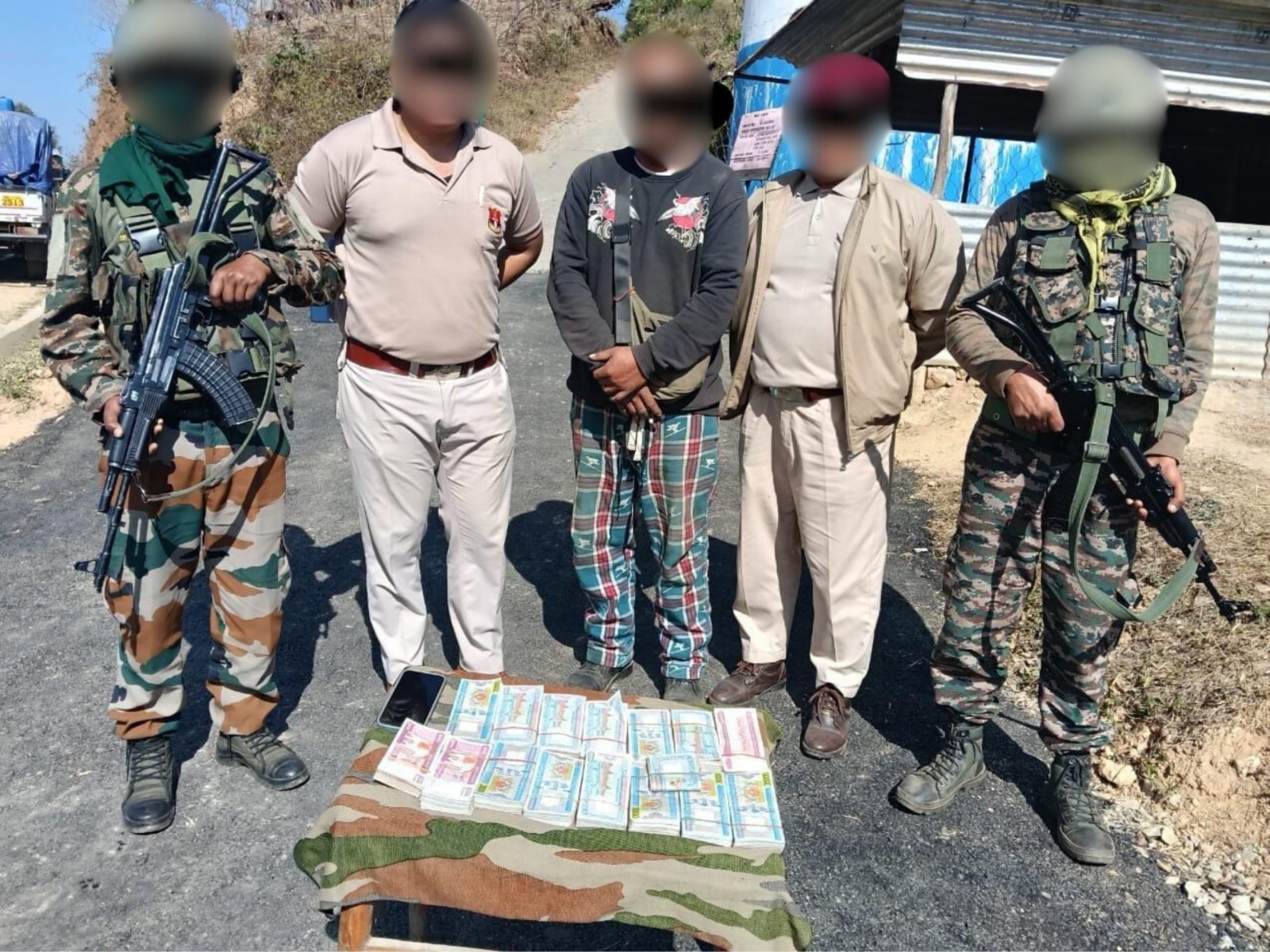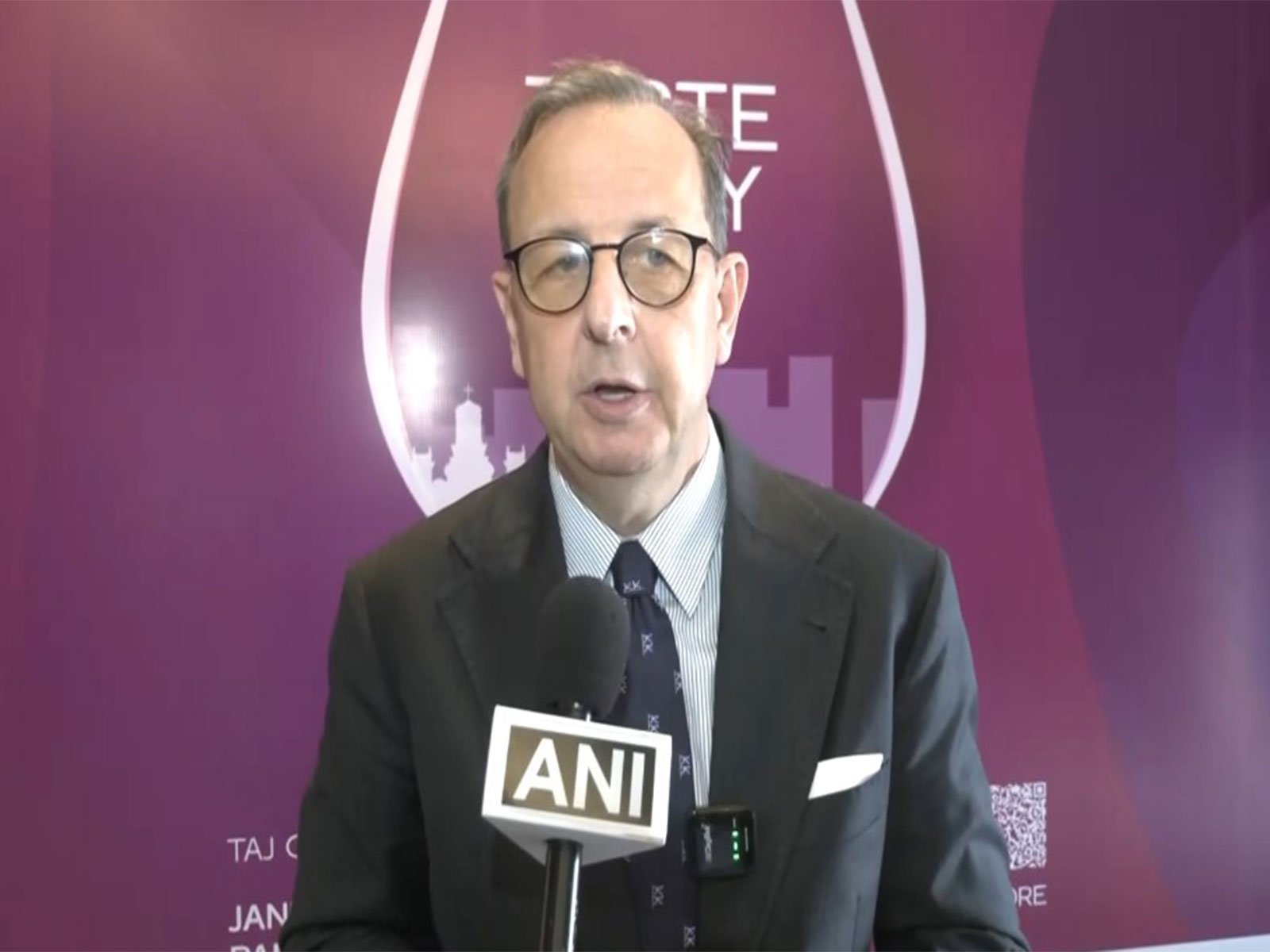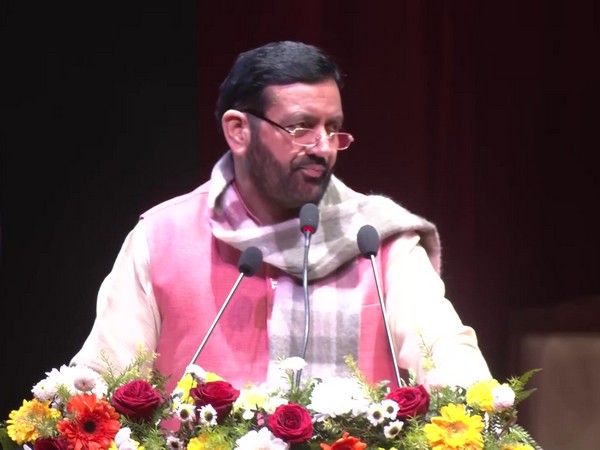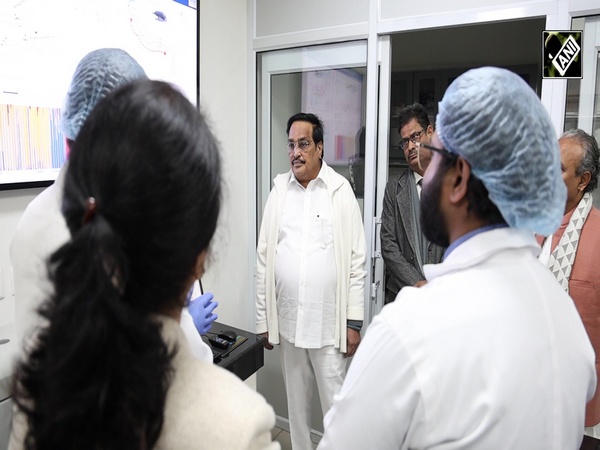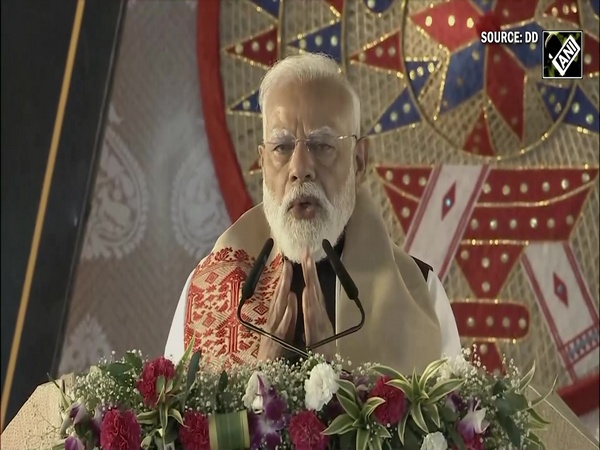Centre coming up with National Cyber-Security Strategy 2020: NSA Doval
Sep 18, 2020

Thiruvananthapuram (Kerala) [India], September 18 : National Security Adviser (NSA) Ajit Doval on Friday said the Centre is coming up with National Cyber-Security Strategy 2020 which envisions a safe, secure, trusted, resilient and vibrant cyberspace for India's prosperity.
Delivering the key-note address via video conferencing at the two-day virtual cyber conference, `Cocon 2020', he said that government is striving hard to protect the country's cyberspace.
"The National Cyber Security Strategy 2020 has focussed on all areas of cybersecurity through its three pillars," he said.
Doval said the world is passing through a traumatizing experience of COVID-19. He said it has medical and health dimension that presents formidable challenges and it has an impact on the economy, the system of governance, industry, business, education and international landscape and informational technology.
He said that there was a 500 per cent increase in cybercrimes during COVID-19 due to "limited awareness and poor cyber hygiene" among people.
"Financial frauds have seen an exponential increase due to greater dependence on digital platforms. Phishing campaigns through COVID-19 related themes targeting government, defence and critical infrastructure surged during this period. Malicious domains and websites to the tune of 5,000 were registered in a short span of time. We witnessed attacks on the account of Indian government officials and websites using spear-phishing as a vector and COVID-19 themes, " he said.
He said that in India progress made through digital and e-governance has helped to ensure that "we would carry out the business of the government, economic activity and social interactions".
However, malicious actors also found a new opportunity, he said.
"We all have to brace ourselves to cope with emerging realities. Change in a work environment that has been brought about by the pandemic has made work from home the new normal. With dependence on trade through virtual means, there is a greater dependence on digital payment platforms to reduce cash handling and greater data sharing is happening online and presence in social media has also increased, " the NSA said.
He said adversaries try to exploit the crisis situation through misinformation, fake news and social media.
"For our adversaries data floating on the cyberspace is a goldmine for extracting information to undermine the privacy of citizen and add vulnerability to protected information of the government. It also adds to the vulnerability of the data concerning our critical infrastructure. It also undermines our economic and business practices by employing illegal and unethical means," NSA said.
Citing an example of how fake and malicious apps tried to exploit the COVID-19 situation, Doval said within a few hours of the announcement by Prime Minister about PM Cares fund, several fake Arogya Setu apps popped up to exploit data.
"Our cybersecurity agencies took a number of initiatives and are regularly issuing alerts, advisories and guidelines. Cyber threat intelligence is being synergised pro-actively and protective measures are being undertaken to ensure the protection of our critical infrastructure. To counter these new-age threats several conferences and webinars are being conducted," he added.
Doval said citizens should be cyber aware, maintain cyber hygiene, secure personal gadgets and report cybercrime and have responsible behaviour in cyberspace. "People in business have a special responsibility to ensure the protection of business and the customers' data. There is no dearth of talent in India, our IT and ITES market share is 55 % globally. The same needs to be extended to the cybersecurity sector, which is emerging as one of the very promising international markets. Start-ups must come with indigenous solution based on the requirement of the Indian market and extend it globally," he added.
The cyber conference has been organised jointly by Kerala Police, the Society for the Policing of Cyberspace (POLCYB) and the Information Security Research Association.

